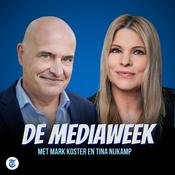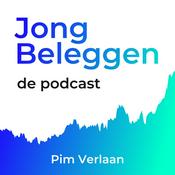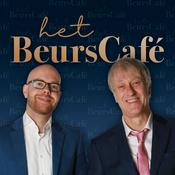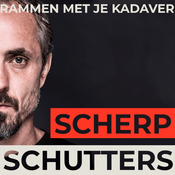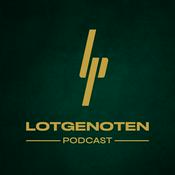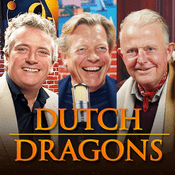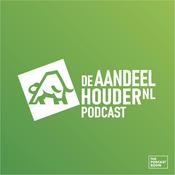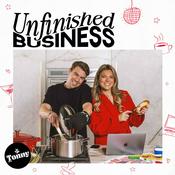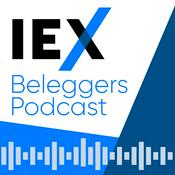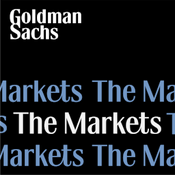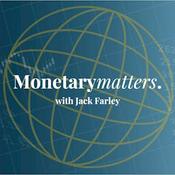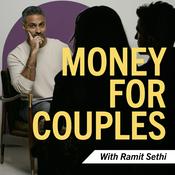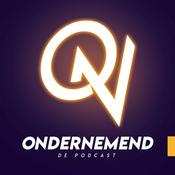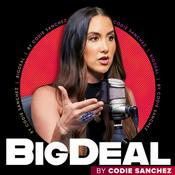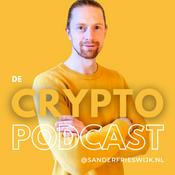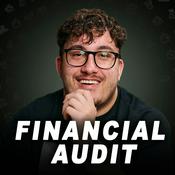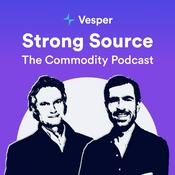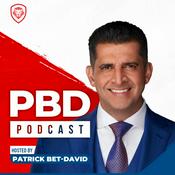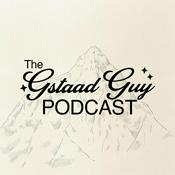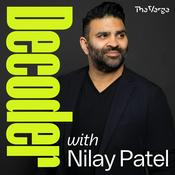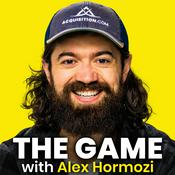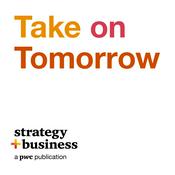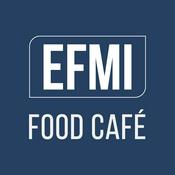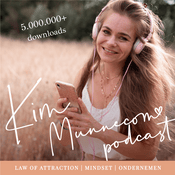Beschikbare afleveringen
5 van 438
- Inside the Nexperia crisis: what it means for Europe’s tech sovereigntyIn this episode of The Sound of Economics, Yuyun Zhan sits down with Alicia García-Herrero and Marc Hijink to examine the Nexperia case – the Dutch semiconductor firm owned by China’s Wingtech – and how it became a flashpoint in Europe’s evolving relationship with China. We unpack how corporate governance disputes, US export controls, Chinese industrial policy and Europe’s growing focus on tech sovereignty collided in a single, high-stakes conflict. This episode is part of the ZhōngHuá Mundus series of The Sound of Economics. ZhōngHuá Mundus is a newsletter by Bruegel, bringing you monthly analysis of China in the world, as seen from Europe. Sign up now to receive it in your mailbox!--------43:27
- Ukraine talks: peace progress or dead end?In this episode of The Sound of Economics, host Rebecca Christie discusses Ukraine peace talks with Bruegel’s Guntram Wolff and Nicolas Véron, and how the EU can manage the high-stakes standoff between Kyiv, Moscow and Washington. Over the past week, proposals from both sides of the Atlantic have jumpstarted efforts to find a way to stop the fighting. The EU is also locked in an internal debate over how to leverage Russia’s frozen cash to help Ukraine, a debate that affects the euro’s global reputation as well as the current budget. Bruegel’s experts take on the debate and gauge its chances for moving forward or petering out. Related research: Charles Lichfield & Nicolas Véron, An EU reparations loan is the right way to help Ukraine, Bruegel First Glance, 14 October 2025 Mejino-López, J. and G. Wolff (2025) ‘Europe’s dependence on US foreign military sales and what to do about it’ Policy Brief 27/2025, Bruegel--------43:27
- How can carbon credits work better?New ideas on reaching climate targets as COP30 gets underway In this episode of The Sound of Economics, host Rebecca Christie sits down with Bruegel’s Georg Zachmann and professor Jos Delbeke, former Director General of the European Commission’s climate division, to discuss how Europe can use its ambitious climate targets to best catalyse global decarbonisation. Zachmann proposes to develop the European Emission Trading System into an anchor for mitigation activities in other sectors and countries. Delbeke acknowledges the need to enhance the ETS so that it can continue to play its important role in the efficient decarbonisation of the EU economy. But he cautions against a direct use of foreign mitigation credits in EU trading systems. Ten years after the Paris accord, how can Europe be more proactive in the global debate and make the most of this year’s UN climate conference? Related research: Zachmann, G. (2025) 'A Strawman Proposal to Use International Flexibility in Achieving Developed Countries Climate Targets to Catalyse Global Decarbonisation', De Gruyter Bill Europe’s energy future: balancing climate goals and competitiveness, Bruegel event, 14 November 2025 International decarbonisation through coalitions of the willing: carbon pricing, climate finance, trade and nature, Bruegel event, 20 November 2025--------42:14
- Understanding money in the EUIn this episode of The Sound of Economics, host Rebecca Christie sits down with Alexandra Jour-Schroeder, deputy director general of the European Commission’s DG FISMA, and Bruegel’s Silvia Merler, to discuss savings, investment and financial literacy. Sharing national best practices, monitoring what works and using EU funding can all support member state efforts to keep citizens in the know. They also discuss ways the EU can support development of accessible savings accounts and products. Better understanding of financial markets allows households to save for the future in ways that reflect their own priorities. Related research: European Commission (2025), "EU to boost financial literacy and investment opportunities for citizens", available at https://commission.europa.eu/news-and-media/news/eu-boost-financial-literacy-and-investment-opportunities-citizens-2025-09-30_en Christie, R. McCaffrey, C. and D. Pinkus (2024) "EU savers need a single-market place to invest", Analysis, Bruegel--------41:46
- Double tax – why women pay it and what to do about itFixing gender inequality could reap big gains for the entire economy In this episode of The Sound of Economics, host Rebecca Christie sits down with economist Anna Gifty Opoku-Agyeman and Bruegel’s Marie-Sophie Lappe to discuss gender inequality and how economics can help to fix it. The data shows that it costs more to be a woman in society, especially a Black woman, in areas ranging from health care, to pension savings and workplace routines. These extra burdens drag the whole economy down – but this also means that progress towards gender equality can pull the whole economy up. Related research: Christie, R. (2023) ‘Taking up space’, European Commission Christie, R. and M. De Ridder (2022) 'Closing the gender gap for self-employed women in the European Union’, Bruegel Blog, 20 July Darvas, Z. (2025) ‘How has Europe’s gender wealth gap evolved, and why?’, Bruegel Newsletter, 03 November Darvas, Z. and N. Ruer (2025) 'Gender wealth inequality in the European Union: a distributional perspective', Working Paper 26/2025, Bruegel Darvas, Z., Kreko, J., A. Laczkovich and N. Ruer (2025) ‘Unequal wealth: Exploring socioeconomic disparities across the EU’, Eurofound Goldin, C. (2025) ‘Babies and the macroeconomy’, Economica, 93:1-26 Lappe, M.S. and D. Pinkus (2025) ‘Europe’s savings debate should focus on the bigger picture’, First Glance, Bruegel, 11 September Opoku-Agyeman, A. G. (2025) The Double Tax: How Women of Color Are Overcharged and Underpaid, Penguin Random House Ostry, J. D. (2025) ‘Gender diversity and economic growth’, Working Paper 02/2025, Bruegel--------40:59
Meer Zaken en persoonlijke financiën podcasts
Trending Zaken en persoonlijke financiën -podcasts
Over The Sound of Economics
The Sound of Economics brings you insights, debates, and research-based discussions on economic policy in Europe and beyond.
The podcast is produced by Bruegel, an independent and non-doctrinal think tank based in Brussels. It seeks to contribute to European and global economic policy-making through open, fact-based, and policy-relevant research, analysis, and debate.
Podcast websiteLuister naar The Sound of Economics, De Mediaweek en vele andere podcasts van over de hele wereld met de radio.net-app
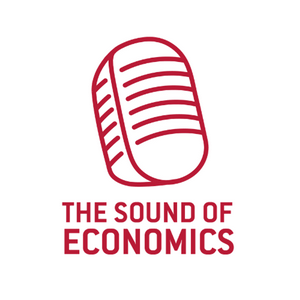
Ontvang de gratis radio.net app
- Zenders en podcasts om te bookmarken
- Streamen via Wi-Fi of Bluetooth
- Ondersteunt Carplay & Android Auto
- Veel andere app-functies
Ontvang de gratis radio.net app
- Zenders en podcasts om te bookmarken
- Streamen via Wi-Fi of Bluetooth
- Ondersteunt Carplay & Android Auto
- Veel andere app-functies


The Sound of Economics
Scan de code,
download de app,
luisteren.
download de app,
luisteren.
